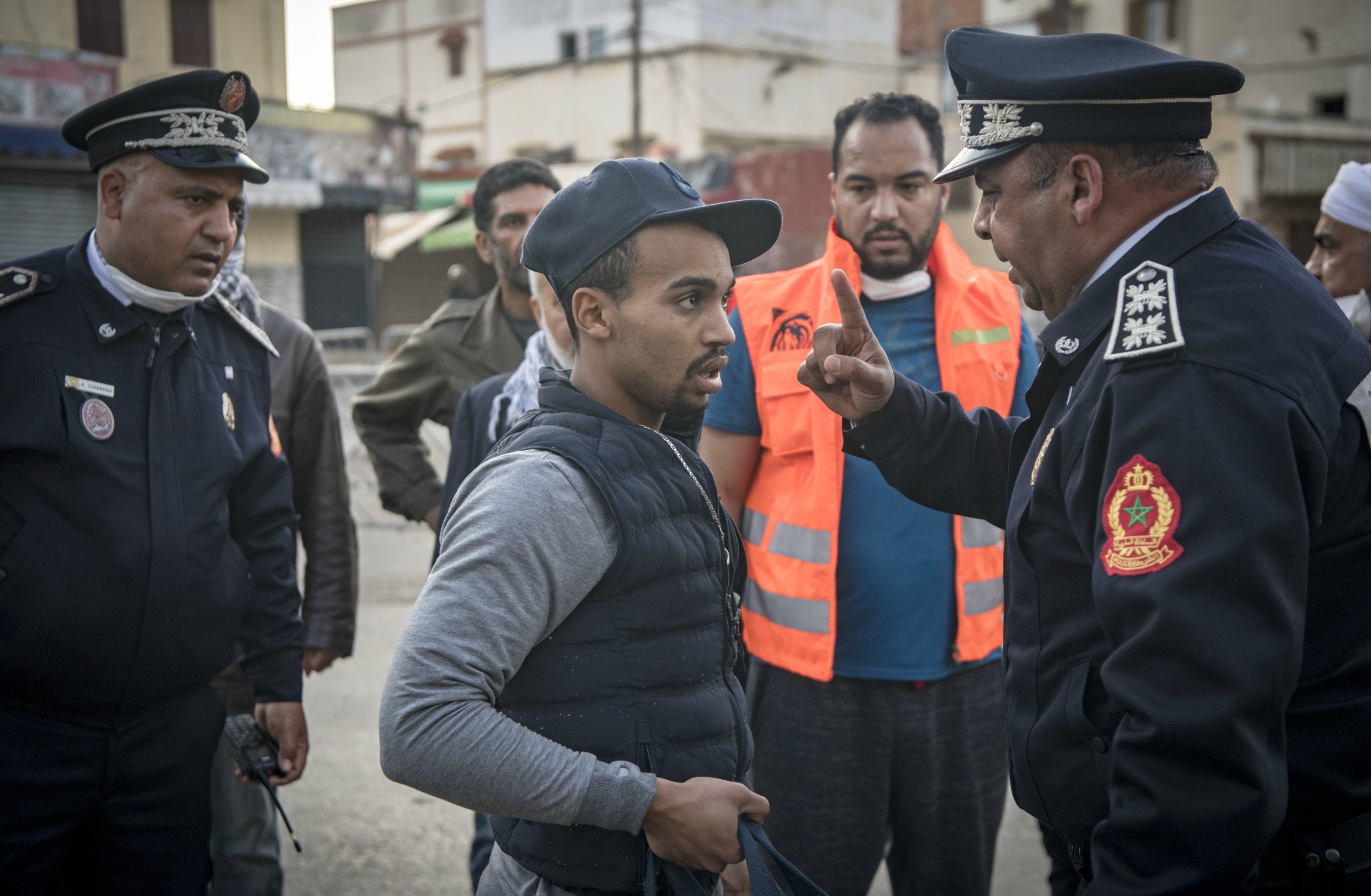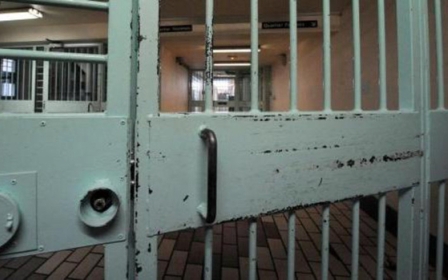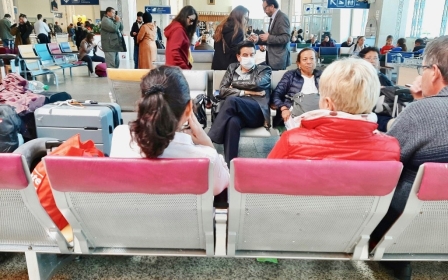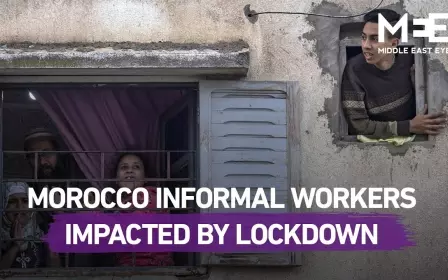Morocco arrests thousands for breaching emergency rules

Police in Morocco arrested more than 4,300 people over the weekend for breaking the rules in place to combat the coronavirus pandemic.
More than half of those detained were taken into police custody, according to official figures.
Since mid-March, authorities have arrested at least 28,701 people across the North African country, 15,545 of whom have been referred to court after being held in custody, according to the country's national security force, the DGSN.
The largest number of arrests were made in the country’s economic centre, Casablanca, and the capital Rabat.
Those who violate the rules can face jail time of up to three months, fines of up to 1,300 dirhams ($130) - or both.
Last week, authorities made wearing face masks in public obligatory.
Moroccan authorities have said the face masks would be sold at the subsidised price of $0.08 each in order maximise the number of people who have access to them.
Moroccans who leave their homes without wearing face masks risk prison sentences of up to three months and a fine of up to $126 under the new law, the government has said.
Morocco has recorded 1,838 confirmed Covid-19 cases, including 126 deaths and 210 recoveries. Fewer than 10,000 tests have been carried out.
Police and security agents, supported by soldiers, have been deployed in armoured vehicles across the country, erecting road barriers and control points to enforce the measures.
Enforcing the lockdown has proven especially challenging in densely populated, working-class areas, according to local reports.
Economic paralysis brought on by the pandemic has left millions of Moroccans in a precarious state, with the bulk of the workforce made up of informal workers dependent on odd jobs and lacking access to social safety nets.
In the absence of a social database, authorities are working to identify needy families to distribute direct financial aid and food baskets.
Middle East Eye propose une couverture et une analyse indépendantes et incomparables du Moyen-Orient, de l’Afrique du Nord et d’autres régions du monde. Pour en savoir plus sur la reprise de ce contenu et les frais qui s’appliquent, veuillez remplir ce formulaire [en anglais]. Pour en savoir plus sur MEE, cliquez ici [en anglais].





